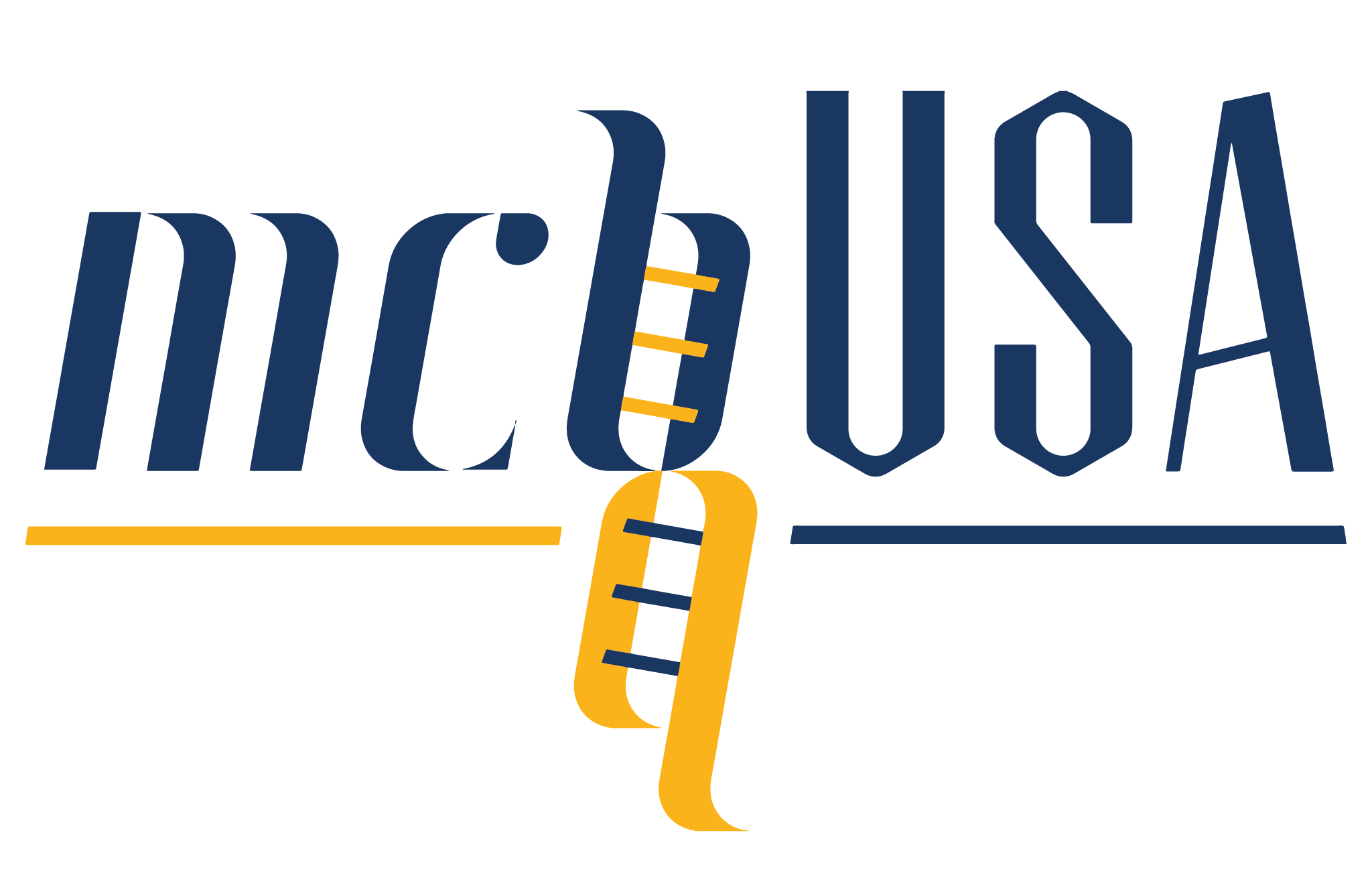Deborah Dean
Organization
MCB, UC Berkeley; School of Medicine, UCSF
Keywords
C. trachomatis, microbiota, host immune response, host-pathogen interactions, dual RNA-seq
Project Description
TITLE: Role of C. trachomatis, microbiota and host immune and signaling pathways in urogenital and rectal infections. PROJECT DESCRIPTION: Chlamydia trachomatis (Ct) is the leading cause of bacterial sexually transmitted infections (STI) with estimates of 2.8 million cases in the U.S. and over 131 million global cases occurring each year. This is due in part to unchecked transmission because ~50% of male and ~80% of female infections are asymptomatic and remain untreated. The endocervix is a primary site of Ct infection, which can progress to pelvic inflammatory disease, tubal-factor infertility and ectopic pregnancy. Recent studies have shown that bacterial vaginosis (BV) is correlated with cervicitis and is also a risk factor for Ct infection. In contrast, the microbiota of a healthy vagina has been shown in vitro to protect against endocervical Ct infection. These data derive from a small number of publications, and the true interaction between the vaginal and endocervical microbiomes, host immune responses, cervicitis and Ct endocervical infection remain unknown. We propose to: 1) evaluate the vaginal, endocervical and rectal microbiota, and correlate these with cervicitis and Ct infection among a large cohort of women at risk for STIs. We will control for other STIs and the secretory phase of the menstrual cycle, which is a known risk factor for Ct cervicitis; 2) use clinical samples from the same female cohort, and quantitate host cytokines/chemokines and metabolites to better define Ct mechanisms of adaptation to the endocervix or lack thereof within the context of vaginal/endocervical microbiomes, including CSTs and specific microbiota spp.; 3) test findings from our female cohort in 1) and 2) in human primary endocervical cells, using Ct strains and microbiota isolated from our cohort, and perform dual (d)RNA-Seq during time points of Ct development to elucidate simultaneous host-Ct interactions associated with up- or down-regulation of immunopathogenic Ct genes and host inflammatory pathways. We will also quantitate cytokines/chemokines at the same time points and correlate these with host dRNA-seq results. Our findings will hopefully lead to a greater understanding of host-pathogen interactions and novel targets and/or treatment strategies to prevent Ct infection and decrease the incidence and prevalence of upper genital tract sequelae.
Qualifications
Undergrads interested in multidimentional and fulfilling lab experience – no prior experience required although some courses in molecular biology and genetic/genomics would be helpful
Expected time commitment
Full time during the summer – opportunity to continue during the school year
Preferred start time:
Mid to late May or 1st week in June
